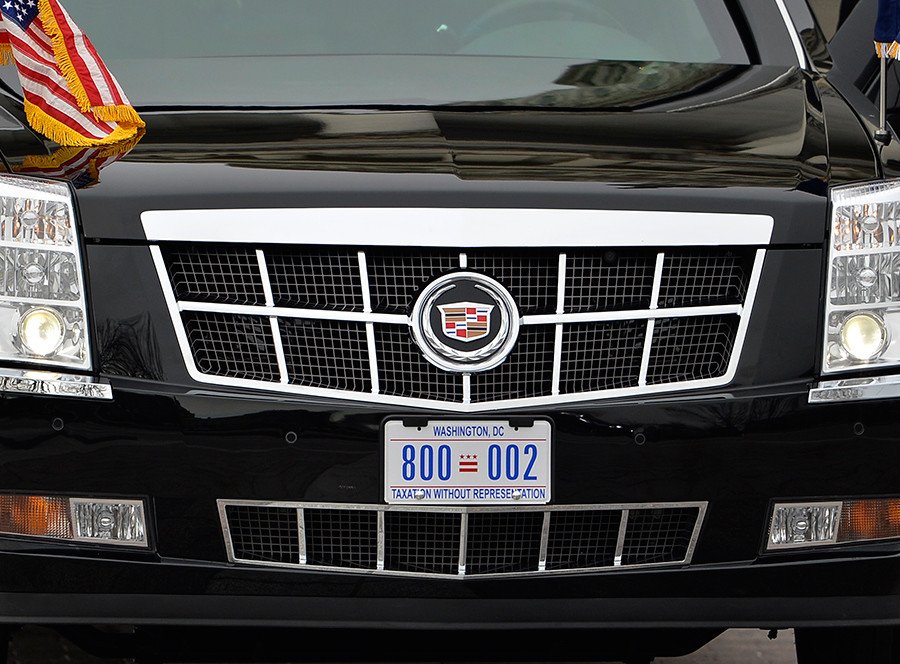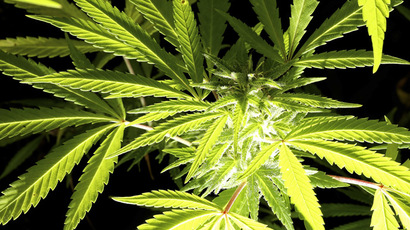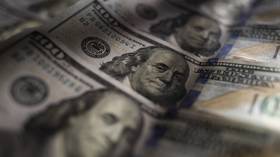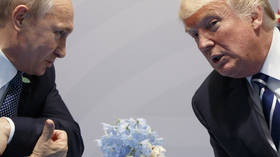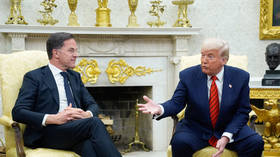DC mayor calls for nation’s capital to be 51st state
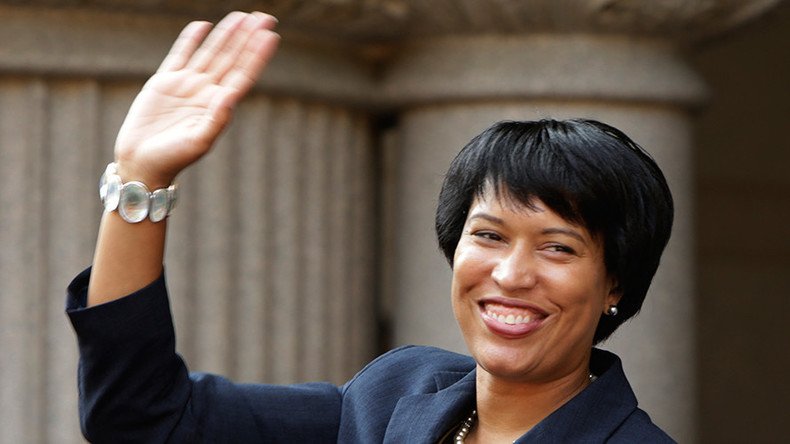
On Emancipation Day in the District of Columbia, Mayor Muriel Bowser called for the nation’s capital to become the 51st state. She proposed that statehood be put on the DC ballot in November, despite the potential for increased tensions with Congress.
“I propose we take another bold step toward democracy in the District of Columbia,” Bowser said Friday morning. “It’s going to require that we send a bold message to the Congress and the rest of the country, that we demand not only a vote in the House of Representatives. We demand two senators ‒ the full rights of citizenship in this great nation.”
The District deserves a vote in Congress and full rights of citizenship, and the pathway there is statehood. pic.twitter.com/YC9GU4KIGK
— Mayor Muriel Bowser (@MayorBowser) April 15, 2016
The mayor spoke to hundreds of city residents, Democratic members of Congress and civil rights leaders at a breakfast celebrating the District’s emancipation from slavery, the Washington Post reported. Emancipation Day is an annual city holiday.
Bowser’s remarks come on the heels of a decision by the city to no longer ask for congressional permission to spend its own money, but instead it will begin spending that money unless federal lawmakers act to stop it, according to the Post.
#FreeUrself#LiberateDC#DCStatehood#Equalty@51stDC. #America ? pic.twitter.com/DYDQMOLZ5Y
— ShawingtonTimes (@Shawington) April 15, 2016
Currently, the 672,000 DC residents vote for president, pay federal taxes and serve in the US military. However, they do not have voting representation in Congress, where Delegate Eleanor Holmes Norton is able to vote in committee, but not on the House floor.
Congress also has final approval over the city’s budget and laws, which has led to several previous showdowns between the local government and Republicans in the House.
The most recent showdown between District and federal politicians was in February 2015, three months after voters overwhelmingly approved a ballot measure legalizing small amounts of recreational marijuana for personal use. In December 2014, Republicans muscled through a $1.1 trillion, 900-page government spending bill that included a paragraph stating that DC cannot use any funding ‒ federal or local ‒ to enact laws regarding reduction of drug-possession penalties in the District. Despite the ban, the city council submitted the ballot measure to Capitol Hill the following month for congressional review, the legally mandated 30-day period for Congress to review the bill, in accordance with the 1973 Home Rule Act.
In February 2015, Congress acted, threatening Bowser and the mayoral staff with fines and jail time. DC officials and Norton both pointed out the final language of the appropriations bill passed at the end of the previous year said the District could not “enact” any law to regulate or legalize marijuana, rather than “enact or carry out,” Norton said. The city’s argument was that the ballot measure was enacted as soon as its approval was certified in November 2014.
The legalization spat came six months after then-Mayor Vincent Gray faced off with Congress over the decriminalization of pot. In June 2014, House Republicans blocked funding for the District of Columbia’s marijuana decriminalization law, as well as prohibited the nation’s capital from spending its own money on abortions for low-income residents in the city.
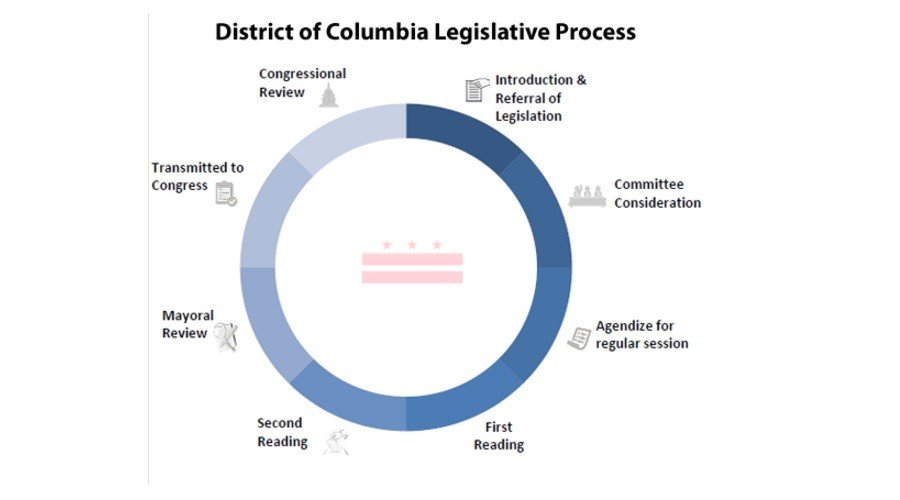
The District also suffered during the 2013 government shutdown. Although the DC City Council had approved a budget, Congress did not get around to passing it, so the city could not use its own funds to pay those of its government workers who were not deemed essential personnel. To circumvent the problem, Gray deemed all city employees essential. Gray was arrested during a 2011 battle with Congress over the federal budget because of how it was to affect DC residents, specifically that funding for abortions for low income women and a needle exchange program would be cut, and a school voucher program favored by Republicans would be re-initiated.
Two powerful women, @rosariodawson & Kim Perry here at #DemocracySpring & calling for #DCStatehood. pic.twitter.com/1rwF6U38qQ
— Maria Langholz (@MariaLangholz) April 15, 2016
Bowser hopes that the District could be admitted to the union under the “Tennessee model,” where the then-federal territory became the 16th state without ratification by the already-existing states, the Post reported. Instead, Tennessee residents were required to approve a state constitution and a pledge to form a republic-style government.
“Some in Congress say... the reason why DC residents can’t have full access to the franchise is because of too many Democrats,” she said Friday. “Can you believe that? Do you think access to democracy is a Democratic or Republican issue? No, it’s an American issue.”
On the west lawn of the Capitol with #dcstatehood & #DemocracySpring joining forces! pic.twitter.com/bKBQrjDa6z
— UnitedforDCStatehood (@51stDC) April 15, 2016
The mayor’s Emancipation Day remarks came as hundreds of city residents prepared for a rally calling for DC statehood as part of the Democracy Spring demonstrations. Nearly three-quarters of DC residents are in favor of statehood, according to a November 2015 Washington Post poll, and over half describe themselves as “very upset” over the city’s “taxation without representation,” as District license plates say.
